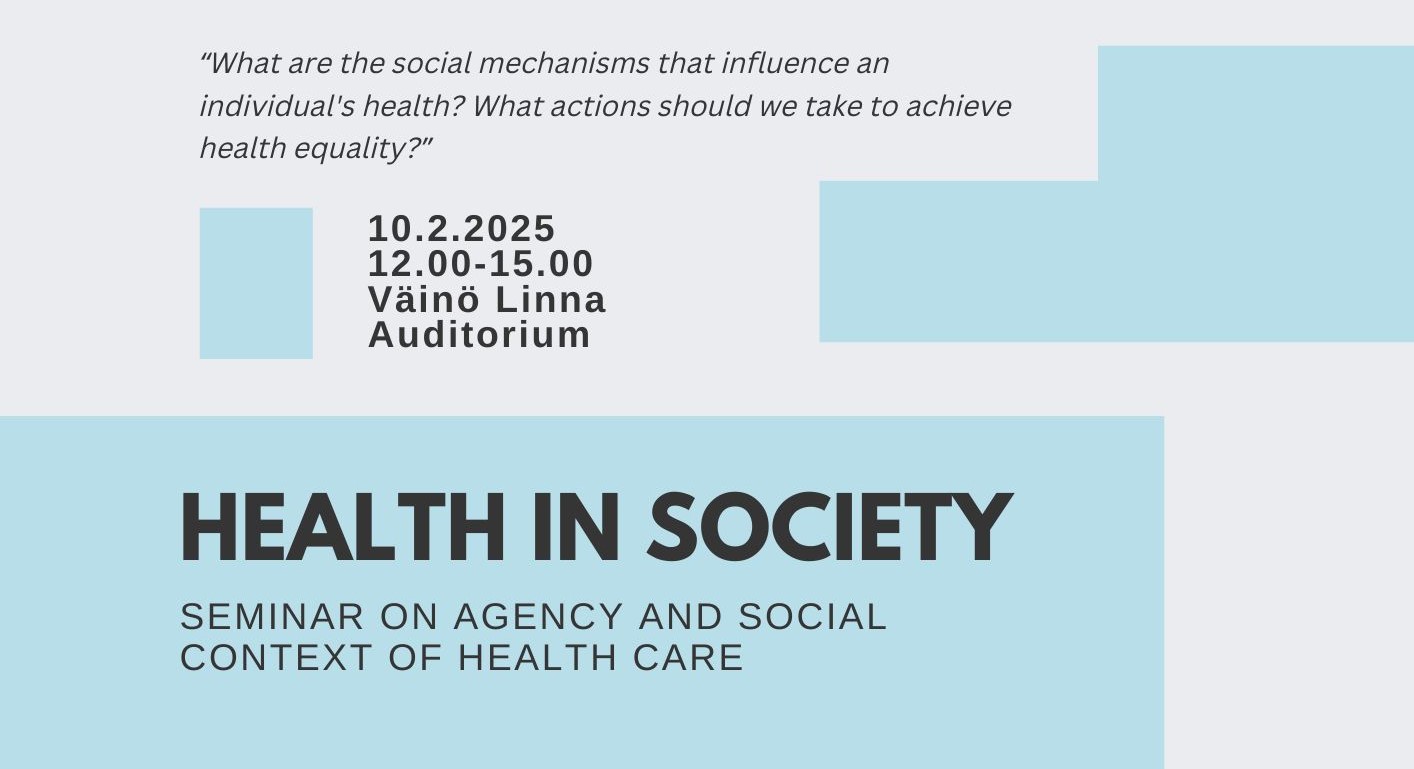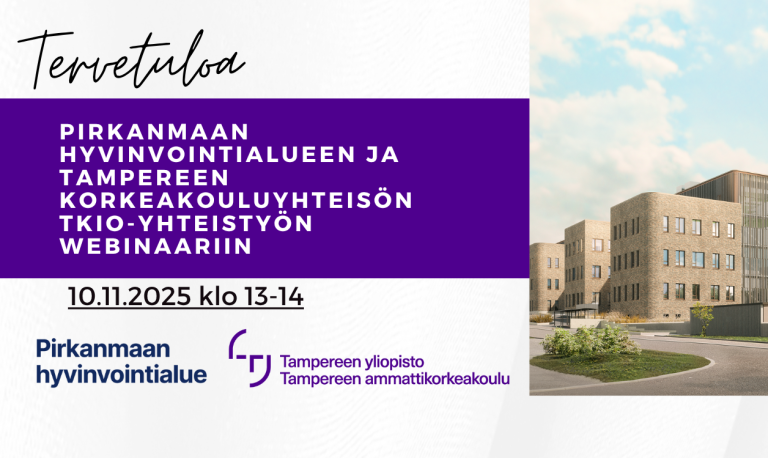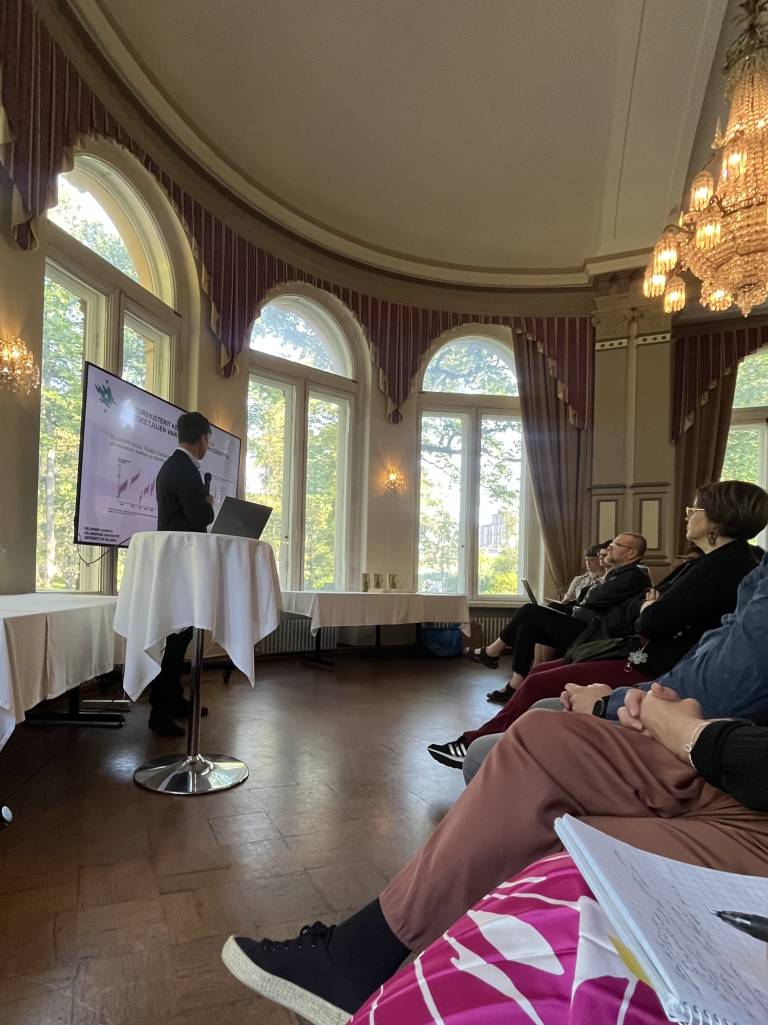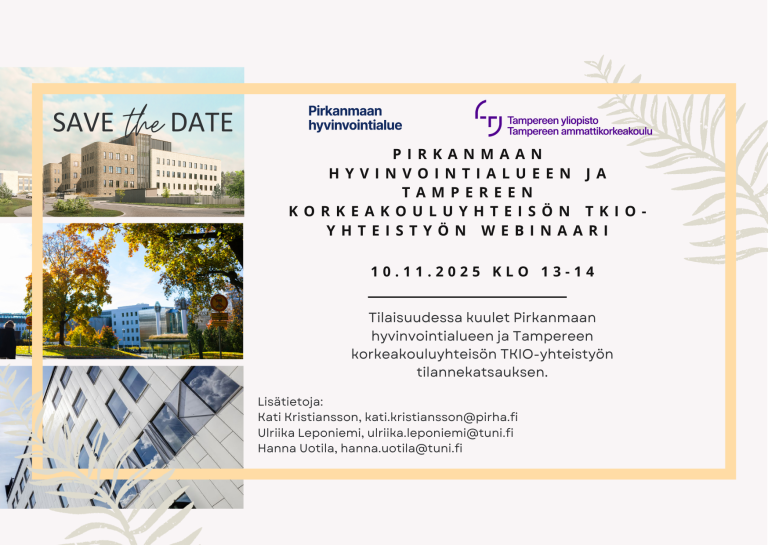Health in society – Seminar on agency and social context of health care
10.2.2025 / 12.00-15.00
Väinö Linna Auditorium, Linna building. Center campus, Tampere university.
Come join us for intruiging presentations and open dialogue! Also, in between sessions, we will have coffee break provided by the TRANSFORM research platform.
What are the social mechanisms that influence an individual’s health? What actions should we take to achieve health equality? Certainly, politics and policy have a role since that is how budget of public health services and the legal rights of citizens are determined. However, the ways in which healthcare administrators, professionals, and patients understand ‘good health’ and enact health-related regulations are no less important.
The questions to be addressed at the meeting include, but are not limited to, the following. What power constitutes service provision, rights and possibilities to influence one’s care? What is the role of agency of a singular citizen regarding the health care they receive? What are the blind spots of supposedly egalitarian Nordic health care?
To answer these questions, the seminar brings ground-level research and institutional research together in a two-part session. The first part focuses on research outputs on contextualized practices and relations in healthcare. In the second part, we will tackle some overlooked and difficult questions about health-related (in)equality in the Finnish context in a panel discussion.
Session 1. Structure
Pia Vuolanto, Tampere University
Alternative knowledge and criticism of medicine
Laura Kihlström, THL
Everyday politics of accessing healthcare: an ethnography of reform and changes in Finland’s universal system
Margarita Sakilayan-Latvala, Tampere University
Promised realities, uncertain futures: Towards an ethical, sustainable and anti-racist framework for the international recruitment of Filipino healthcare professionals.
Matias Heikkilä, Tampere University
Systems theory in healthcare research: Perspectives on power and resonance
Session 2. Grassroots
Henni Alava, Tampere University
Relationships, resources, places of residence: what ethnography reveals about access in pediatric pain care.
Elena Bogdanova, Anna Tarasenko, University of Helsinki
Informality as a mode of equity to access social and healthcare institutions in Finland: experience of displaced people from Ukraine
Ekaterina Borozdina, Tampere University
Medical knowledge, neoliberal reforms, and the role of social context: perspectives of Russian patients and healthcare professionals





Kommentit